Japanese groups steadfast in ambition to aid energy goals
Japan has launched the Asia Energy Transition Initiative, which includes knowledge sharing, technology development, and deployment of decarbonisation and $10 billion in financial assistance to push forward energy transition. The Japanese prime minister also proposed the Asia Zero Emissions Community concept in his last visit to Vietnam.
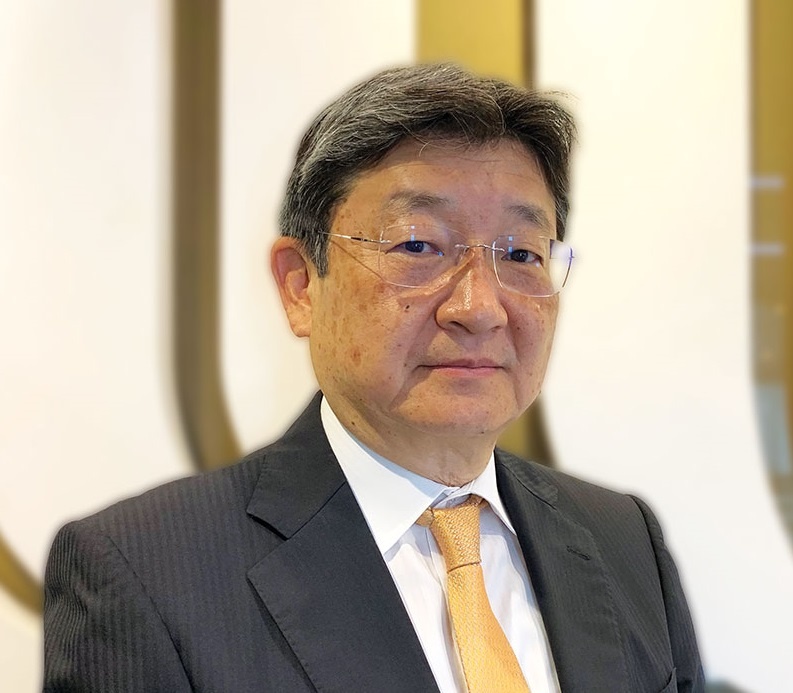 |
| Taketoshi Nagaoka - Chairman, Japanese Chamber of Commerce and Industry Vietnam |
In line with initiatives like these, Japanese companies would like to contribute to a realistic energy transition in Vietnam by promoting the private investment and social application of decarbonisation technologies.
As one example, alongside the Ministry of Industry and Trade, we jointly organised a workshop on Vietnam-Japan cooperation for the development of power and energy fields for decarbonisation.
It was a meaningful opportunity to share information and exchange opinions on various aspects of Japanese energy strategy towards carbon neutrality, state-of-the-art decarbonisation tech, and financing methods for infrastructure development.
Since Japan has many similarities to the energy structure and security of Vietnam, various Japanese decarbonisation measures such as zero-emission thermal power technologies, consumer energy-saving technologies, and on-site power generation and storage have a high affinity with Vietnamese energy policies.
To promote cooperation with the Vietnamese government in the future, we have several requests.
Firstly, amid growing electricity demand, Vietnam is facing power shortages, especially in industrial parks in the north. For this, the early release of Power Development Plan VIII is essential to ensure investment in power generation in line with the growth of the economy. In recent years, Japanese companies have been increasing projects in Vietnam for the growing demand for renewable power generation. However, the delay has seriously affected not only the renewable power plants, but the linking industries such as biomass fuel production, which have been halted.
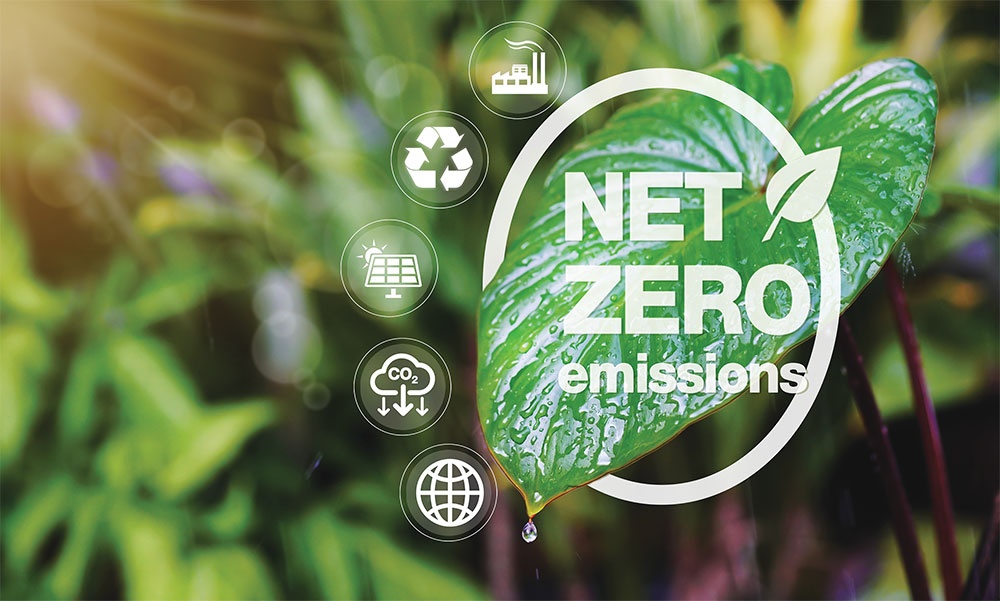 |
| Japan is involved in several energy initiatives that help in knowledge sharing and tech transfer, Photo: Shutterstock |
Second, early implementation of gas-fired power generation is critical. This type of generation contributes to meeting the rapidly increasing demand for electricity, as well as facilitating renewable energy.
Third is the amendment of the existing investment and public-private partnership regulations. Large-scale power generation projects such as gas-fired and offshore wind power cannot be fully implemented by Vietnamese companies and local banks alone, and it is essential to attract foreign companies and financial institutions. However, the current system provides insufficient or uncertain support for investors, which undermines the predictability and the security for foreign-invested enterprises.
Finally, we need the promotion of rooftop solar power and early introduction of direct power purchase agreements for promoting renewable power. We would also ask to relax the eligibility requirements under current purchase agreements, which is to purchase at least 30MW per customer.
This year marks 50 years of diplomatic relations between Vietnam and Japan. Both countries have always had a mutually beneficial relationship, and this relationship is growing stronger. We hope to further develop the friendly relationship between our two countries.
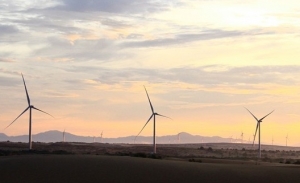 | Vietnam has massive potential for offshore wind energy Vietnam has the potential to offer an economical and environmentally friendly energy source for economic growth, according to attendees at a recent workshop discussing offshore wind power. |
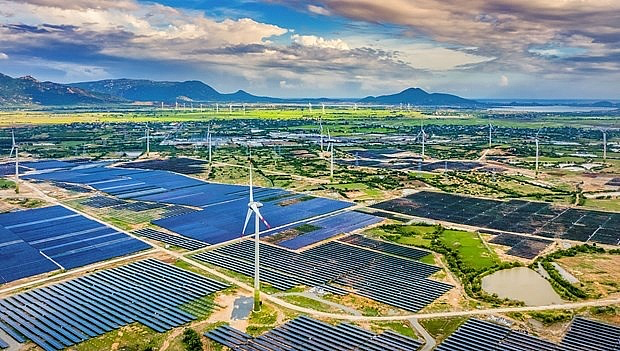 | EVN must settle transitional renewable energy power tariffs before March 31: MoIT The Ministry of Industry and Trade (MoIT) has mandated that Electricity of Vietnam (EVN) and investors in wind and solar power reach an agreement on energy rates by March 31. |
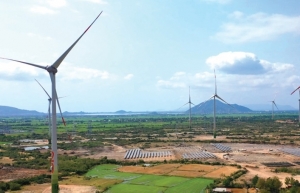 | Development pace picking up in energy Wealthy foreign investors in energy are expanding their long-term strategies in Vietnam while many ongoing projects that missed the feed-in tariff deadline are struggling to find a revenue balance. |
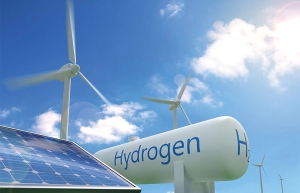 | Hydrogen use dependent on roadmap Hydrogen production facilities in Vietnam are attracting interest in accelerating the transition to clean and renewable energy, but the lack of a price mechanism and high costs of infrastructure and operations are key bottlenecks in procurement. |
What the stars mean:
★ Poor ★ ★ Promising ★★★ Good ★★★★ Very good ★★★★★ Exceptional
Related Contents
Latest News
More News
- Trung Nam-Sideros River consortium wins bid for LNG venture (January 30, 2026 | 11:16)
- Vietnam moves towards market-based fuel management with E10 rollout (January 30, 2026 | 11:10)
- Envision Energy, REE Group partner on 128MW wind projects (January 30, 2026 | 10:58)
- Vingroup consults on carbon credits for electric vehicle charging network (January 28, 2026 | 11:04)
- Bac Ai Pumped Storage Hydropower Plant to enter peak construction phase (January 27, 2026 | 08:00)
- ASEAN could scale up sustainable aviation fuel by 2050 (January 24, 2026 | 10:19)
- 64,000 hectares of sea allocated for offshore wind surveys (January 22, 2026 | 20:23)
- EVN secures financing for Quang Trach II LNG power plant (January 17, 2026 | 15:55)
- PC1 teams up with DENZAI on regional wind projects (January 16, 2026 | 21:18)
- Innovation and ESG practices drive green transition in the digital era (January 16, 2026 | 16:51)

 Tag:
Tag:



















 Mobile Version
Mobile Version